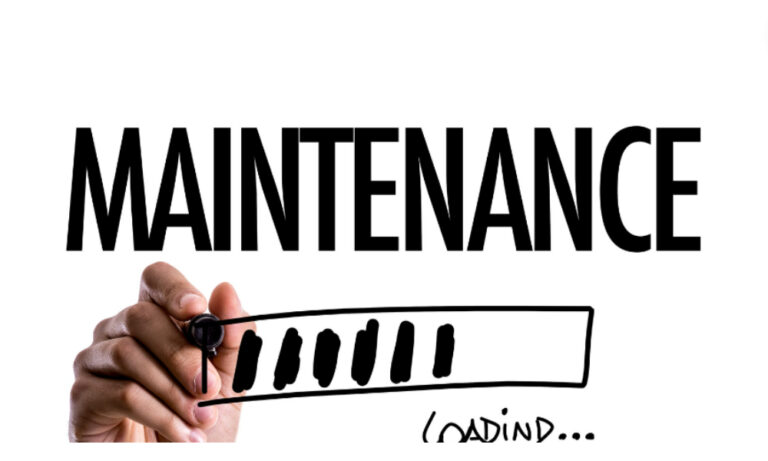Gardening can be a delightful and rewarding hobby, but it often comes with its fair share of hard work and maintenance; if you’re looking for a simple yet effective way to give your garden a boost, turn to mulching. It can significantly impact the health and vitality of your plants. In this article, we’ll explore the benefits of mulch and how to effectively incorporate it into your garden.
Why Mulch is a Must-Have for Your Garden?
- Soil Moisture Retention: Mulch in Alpharetta acts as a barrier that prevents water from evaporating too quickly. By conserving moisture in the soil, your plants stay hydrated and healthy even during dry spells.
- Weed Prevention: Weeds can be a gardener’s worst nightmare. Applying mulch in your garden helps suppress weed growth by blocking sunlight, which most weeds need to sprout.
- Temperature Regulation: Mulch acts as an insulator, helping to maintain stable soil temperatures. In hot weather, it keeps the soil cool, while during cold months, it protects plants from frost damage.
- Organic Matter and Nutrient Boost: Organic mulches break down slowly over time, releasing nutrients and improving soil structure, promoting the growth of healthy root systems.
- Aesthetic Appeal: Not only does mulch benefit the health of your garden, but it also adds a polished, finished look to your landscape.
Choosing the Right Mulch for Your Garden
Choosing the best mulch for your garden depends on your goals and preferences. Organic mulches, like bark, wood chips, or straw, decompose over time and enrich the soil. Inorganic materials like gravel or rubber offer long-lasting options with less maintenance but don’t contribute to soil enrichment.
Mulching Tips and Tricks
- Mulch Depth Matters: Applying mulch too thinly can reduce its effectiveness. A 2 to 4-inch layer of mulch is ideal for weed suppression and moisture retention.
- Don’t Overdo It: Over-mulching can suffocate plants and lead to root rot. Leave a small gap between the mulch and the plant base to allow for proper air circulation.
- Consider Timing: The best time to mulch varies depending on the materials used and climate. In colder regions, it’s better to wait for spring to avoid insulating frozen ground, while in warmer areas, mulching in fall helps conserve water during the dry season.
- Maintenance is Key: Although mulch is a low-maintenance solution, it’s essential to keep an eye on its condition. Replenish organic mulches as they decompose and ensure inorganic mulches remain weed-free.
In conclusion, mulch is a versatile and low-maintenance way of giving your garden the boost it needs. Choosing the right type of mulch and implementing it effectively in your garden can result in healthier plants, fewer weeds, and an overall happier gardening experience. Go ahead and uncover the magic of mulch for your own garden sanctuary.


Comments are closed.